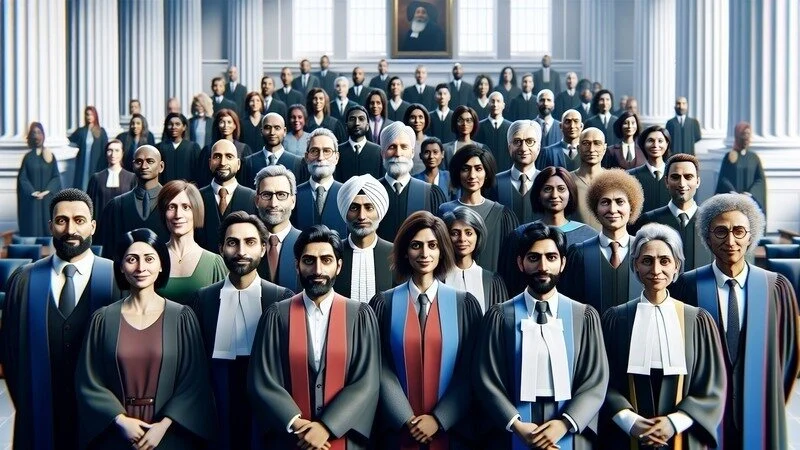 Once upon a time, around a hundred young boys were apprehended by U.S. law enforcement agencies while attempting to cross the Mexico–U.S. border. These boys, all minors full of dreams and desperation, were detained and later transferred to the El Paso Processing Centre in the state of Texas. In this confinement, far from home and family, they faced discrimination and neglect from the jail staff—treatment that pushed them to a point of extreme protest.
Once upon a time, around a hundred young boys were apprehended by U.S. law enforcement agencies while attempting to cross the Mexico–U.S. border. These boys, all minors full of dreams and desperation, were detained and later transferred to the El Paso Processing Centre in the state of Texas. In this confinement, far from home and family, they faced discrimination and neglect from the jail staff—treatment that pushed them to a point of extreme protest.
In a bold move to make their voices heard, these boys launched a hunger strike inside the detention facility. Their protest was not just against poor food or harsh conditions; it was a desperate plea for dignity and justice. The hunger strike soon caught the attention of the jail authorities, prompting them to seek outside help to defuse the growing crisis. That’s when I was contacted by the officials, who hoped I could mediate and help resolve the issue. When I met both the boys and the authorities, the tension was palpable. The officials were extremely concerned about the boys’ health and the implications of the strike—it had become a humanitarian emergency they could not afford to ignore.
This situation, however, draws a painful contrast with what is happening back in our state. Here, 1,158 educators—professors, assistant professors, and librarians—have been protesting for their basic rights and legitimate demands since December 2021. Their voices, however, continue to echo unheard in the corridors of power. Despite contributing to society through education and shaping the future of countless students, their protest is treated with indifference, bordering on neglect.
The hunger strike by detained boys in a foreign land triggered immediate concern and action. Authorities there acknowledged the seriousness of the matter and sought intervention to ensure the issue didn’t spiral into a deeper crisis. This highlights a stark truth: in some parts of the world, human rights—especially of the vulnerable—are given due attention. Meanwhile, in our own backyard, those who serve society with integrity and knowledge are left to suffer in silence.
This story isn’t just about detained boys in Texas or protesting educators in Punjab. It’s about the fundamental value of human dignity and the glaring differences in how it is protected—or ignored—by those in power